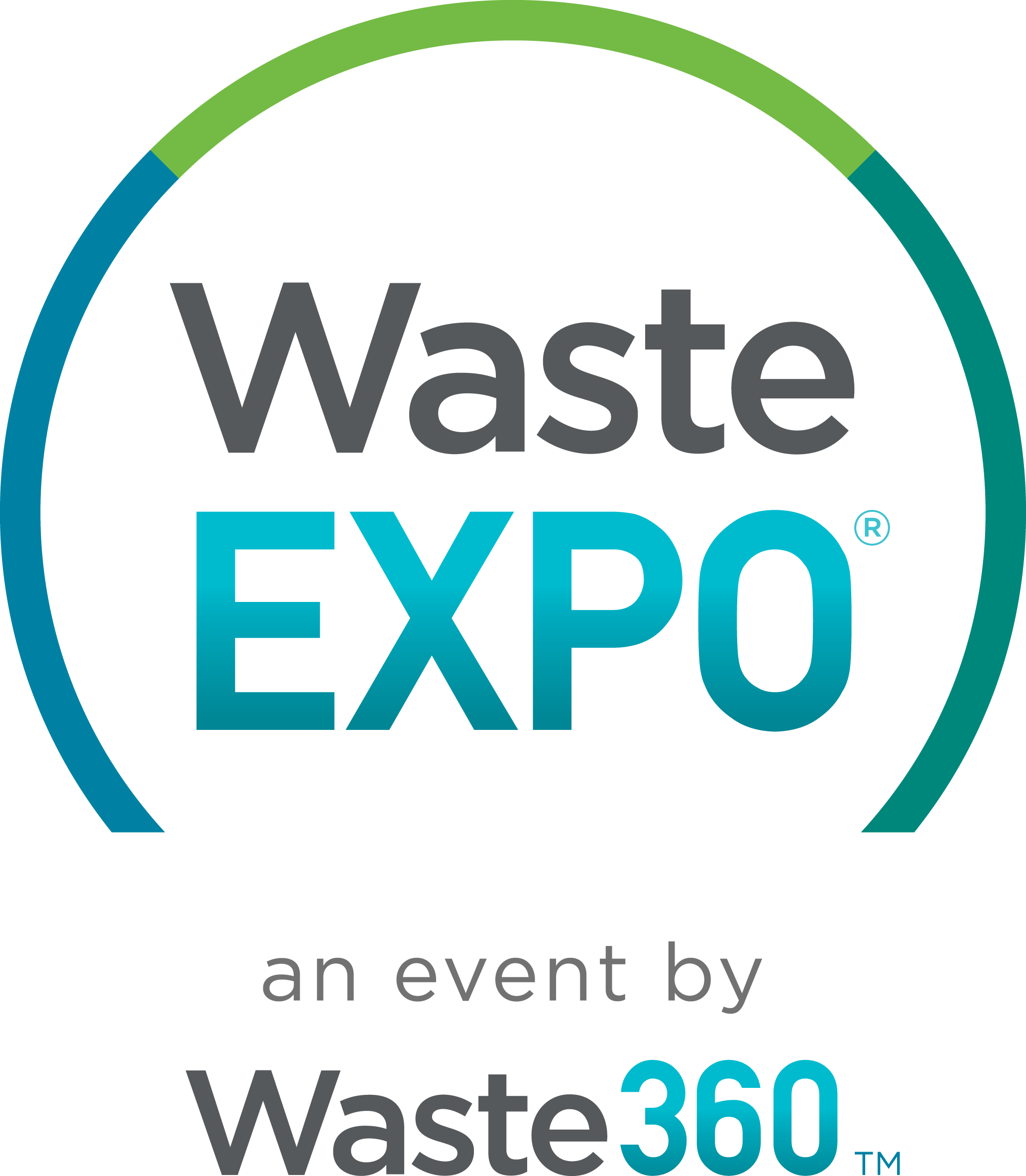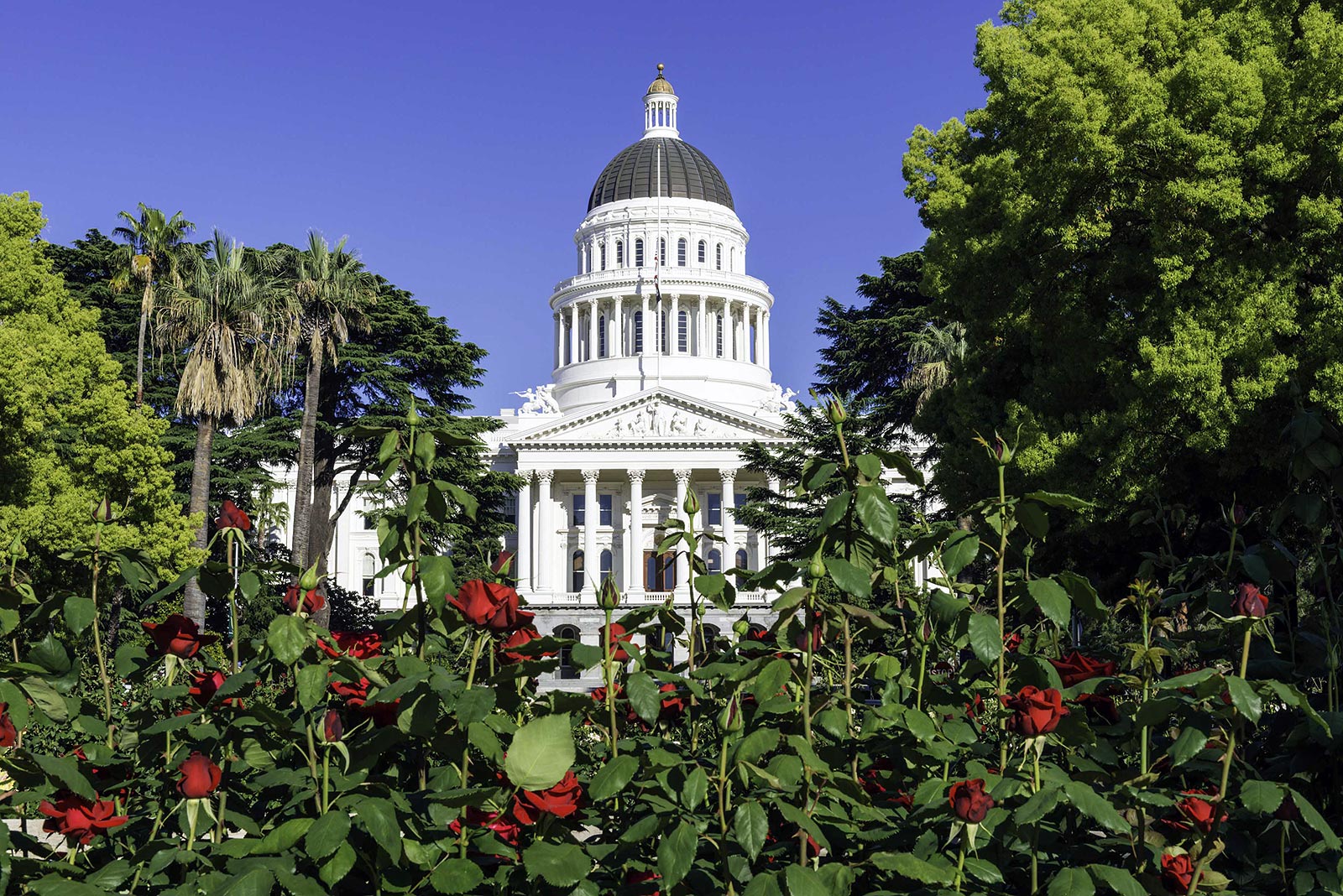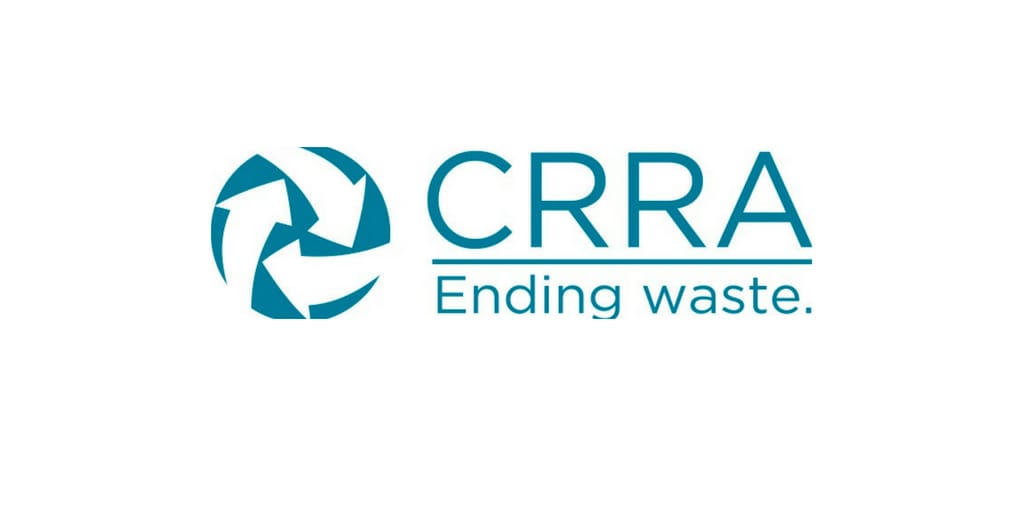
SB 1383 Local Government Summit: Strategies for Successful Compliance
(Limit two people per agency. Additional staff may be placed on a waitlist pending availability.)
Background
SB 1383, Short-lived Climate Pollutants: Organic Waste Methane Emissions Reduction legislation, was adopted in September 2016. Among its many goals, a top goal is reducing statewide methane emissions through reduced landfilling of organic waste (yard trimmings, food scraps, paper, wood, and more). The current draft regulations require agencies to provide organics recycling programs, create mandatory participation policies, increase edible food recovery efforts, and subject residents and businesses to systematic enforcement of organics recycling program participation.
Are you ready for SB 1383? The regulations are about to be formally adopted by the State and HF&H is already helping more than 25 agencies with planning for and implementing the solutions needed to comply. Last year, during our initial SB 1383 Local Government Summit, we dove into the details of SB 1383, reviewing what needs to get done. This year, we’re focusing on how agencies will turn all those SB 1383 provisions into practice. The Summit will be broken into two parts. You are welcome to attend one or both parts.
List of Speakers
| Topic |
Northern California Speakers |
Southern California Speakers |
| Action Planning |
Central Contra Costa Solid Waste Authority |
HF&H Consultants
(City of Vacaville experience) |
Organics Processing
(facility development, procurement) |
HF&H Consultants |
Los Angeles County Sanitation District |
Collection Agreements
(franchise negotiations or procurement) |
City of San Ramon |
Cities of Manhattan Beach and Redondo Beach |
| Ordinance Development (mandatory generator requirements, enforcement, food recovery, C&D) |
HF&H Consultants
(Santa Cruz County Experience) |
HF&H Consultants
(Santa Cruz County Experience) |
| Contamination Monitoring and Enforcement |
Alameda County Waste Management Authority |
City of San Diego |
| Food Recovery |
HF&H Consultants |
City of Oceanside |
Northern California Agenda
Part 1: SB 1383 “101”
|
1:00 – 2:00 pm
|
Overview of Key SB 1383 Requirements with Q&A
Not that familiar with the regulations? Only have an hour to spare? We have you covered. Join us for an overview of the requirements and learn what has changed in the latest draft regulations. This session is highly recommended for senior-level management or those that only have an hour to get up to speed as well as those that simply want an overview of the regulations. Check out our Blog for more details on SB 1383. |
|
Part 2: Solutions in Practice
|
2:00 – 5:00 pm
|
|
Introduction and Big Picture Compliance Timeline
Solution Strategies
Presentations on the following topics will include overview of regulations, a sample action plan, and feature a case study of successful compliance. Q&A and discussion time will be included as well.
– Action Planning
– Organics Processing
– Collection Agreements
– Ordinance Development
– Contamination Monitoring and Enforcement
– Education and Reporting
– Food Recovery
|
|
Networking Reception
Network with your peers and learn how other agencies are planning for and addressing SB 1383. We will be serving appetizers and drinks during this time.
|
5:00 – 6:00 pm
|
Southern California Agenda
Part 1: SB 1383 “101”
|
10:00 – 11:00 am
|
Overview of Key SB 1383 Requirements with Q&A
Not that familiar with the regulations? Only have an hour to spare? We have you covered. Join us for an overview of the requirements and learn what has changed in the latest draft regulations. This session is highly recommended for senior-level management or those that only have an hour to get up to speed as well as those that simply want an overview of the regulations. Check out our Blog for more details on SB 1383. |
|
Part 2: Solutions in Practice
|
11:00 – 12:00 pm
|
|
Introduction and Big Picture Compliance Timeline
Presentations on the following topics will include overview of regulations, a sample action plan, and feature a case study of successful compliance. Q&A and discussion time will be included as well.
– Action Planning
– Organics Processing
|
|
Lunch
Network with your peers and learn how other agencies are planning for and addressing SB 1383.
|
12:00 – 1:00 pm
|
Part 2: Solutions in Practice (continued)
|
1:00 – 3:00 pm
|
|
– Collection Agreements
– Ordinance Development
– Contamination Monitoring and Enforcement
– Education and Reporting
– Food Recovery
|
|
—————————————————————————————————————————————————————————
Space is limited. Click the link above to register today!
If you have specific questions you’d like answered at the Summit or would like more information, please contact Kim Erwin at Kim@hfh-consultants.com or (925) 977-6960.


- Wednesday, 05/08/2019: 12:15 pm – 1:30 pm
- Room: S227
- Session Number: W203
Summary
In today’s climate, negotiating a contract has become more important than ever. Find out the necessary steps to executing successful solid waste partnerships between the public & private sector that are essential for industry growth and achieve win-win opportunities for all parties.
Rob Hilton is President of HF&H Consultants, LLC and has over fifteen years of experience providing recycling and solid waste consulting services to over 100 communities throughout the Western United States. Mr. Hilton’s focus is on strategic and business consulting to local and state government. In this capacity he has managed and participated in dozens of competitive and negotiated procurements of solid waste, recycling, and organics collection and processing services. In addition, Rob is the current President of the California Resource Recovery Association and a frequent speaker on the subject of structuring RFP processes, contracts, and rate structures to achieve high diversion goals.

Summary
In the world of solid waste, SB 1383 is being described as the biggest legislative milestone since the adoption of AB 939. Many jurisdictions across the state (particularly ones without organics collection programs) are anxiously anticipating the final adoptions of SB 1383, but implementing SB 1383 may not be as bad as they think. HF&H has been at the forefront of understanding SB 1383 requirements since the original drafts were released. We have been engaged with CalRecycle staff, have hosted two SB 1383 Local Government Summits, and are assisting a number of agencies with determining how they will achieve SB 1383 compliance. HF&H has helped jurisdictions evaluate which requirements should be designated to franchise haulers (or other third parties) and which should be handled by local government staff, subsequently ensuring that franchise agreements reflect those responsibilities.
This presentation will:
- Provide a big-picture summary of SB 1383, highlighting requirements that will likely have the biggest impact on local jurisdictions.
- Describe practical steps local jurisdictions can do now to ensure their agencies are SB 1383-compliant.
- Spotlight local governments that have recently adopted or modified franchise agreements to meet SB 1383 requirements.
Presenter
Rob Hilton is the President of HF&H and one of six firm owners. Since 2002, Mr. Hilton has provided recycling and solid waste consulting services to more than 150 public agencies across the United States. He has been involved in over 350 projects covering a wide range of strategic, operational, programmatic, contractual, and financial issues. Drawing on his extensive experience, Mr. Hilton has the ability to quickly identify and solve complex problems related to recycling, organics, and solid waste services. Mr. Hilton’s academic background in public policy and administration gives him an understanding of the diverse conditions within the industry as well as the local market context that shapes each client’s unique needs.

Summary
Regulations are increasingly drawing stormwater, wastewater, and solid waste closer together. Trash reduction requirements are now tied to municipal NPDES stormwater permits, and, as such, local jurisdictions are trying to bridge the programmatic gap between the historically separate sectors. How can solid waste collection standards be utilized to reduce litter entering the stormwater system? How can those standards be implemented into franchise agreements? And how can local jurisdictions fund the trash reduction requirements? Funding trash reduction requirements through your solid waste or wastewater rates can free up general fund resources which would otherwise need to go to stormwater funding. With the recent passage of SB231, the California Legislature has made it easier to fund stormwater programs from solid waste, wastewater, and stormwater rates instead of the general fund.
The presentation will address the preceding questions and will additionally:
- Educate the audience on the regulatory nexus between stormwater and solid waste.
- Highlight funding sources available to communities for litter mitigation programs.
- Describe how local jurisdictions can implement new fees to cover the cost of trash reduction requirements.
Presenter
Having worked on solid waste and recycling financial planning and rate setting projects for the first 12 years, of his 18-year consulting career at HF&H, and exclusively on water, wastewater, and stormwater financial planning and rate setting projects for the past 6 years, Rick Simonson brings a unique perspective and knowledge base to the intersection of solid waste, wastewater, and stormwater.

Summary
2018 presented our industry with a number of new challenges: China’s Blue Sky policy and resulting market impacts being among the top. As the market value of post-consumer recycled commodities remains at historical lows, more and more haulers are asking local jurisdictions for financial and/or operational relief. How are local agencies responding? How have franchise agreements changed to address recycling market volatility? When (if ever) should you permit your hauler to dispose of recyclables that can’t be marketed? Are there funding mechanisms that can help jurisdictions address commodity value fluctuations over time? What tools might you already have in your agreement that can help? Answers to these questions will be at the forefront of this presentation. Since the market downturn, HF&H has helped a number of agencies procure new, or modify current franchise agreements to address the current state of recycling markets; several case studies will be presented.
This presentation will:
- Provide a high-level overview of the current state of recycling markets and their impact to local jurisdictions and haulers in California.
- Educate the audience on current strategies being utilized by local jurisdictions to address fluctuating commodity values.
- Showcase new funding mechanisms that can help offset rising processing costs, without giving up future “upside” if and when the markets recover.
Presenter
As Vice President of HF&H, Marva Sheehan brings 40 years of financial and accounting experience to HF&H. For the past 25 years, Ms. Sheehan has worked as a consultant and controller in the solid waste industry. During her 14 years with HF&H, she has managed rate review projects, rate surveys, billing and franchise fee audits, procurement and contract negotiations, and financial and operational reviews for jurisdictions throughout California.

Summary
According to CalRecycle, SB 1383 will be just as significant as AB 939. HF&H has already taken the lead in helping a number of agencies understand what they need to do to comply. Among the myriad of SB 1383 requirements, edible food recovery appears to be an area where jurisdictions need a lot of help. As HF&H was recently awarded the first SB 1383 planning contract in the state, we’ve dived into the world of edible food recovery. From this work, we’ve uncovered ways local jurisdictions can plan, fund, and implement edible food recovery programs that meet SB 1383’s requirements (May 2018 draft regulations).
This presentation will:
- Describe edible food recovery requirements as outlined in the current draft of SB 1383.
- Educate the audience on edible food recovery funding sources available to local jurisdictions.
- Illustrate the broad spectrum of ways local jurisdictions can comply with edible food recovery requirements.
- Highlight regional approaches being taken to recover edible food in the state.
Presenter
Tracy Swanborn, a Senior Manager with HF&H, has more than 20 years of solid waste and recycling consulting experience assisting municipal agencies. She received a civil engineering degree and is a registered professional engineer. Her expertise is in planning recycling, composting, and landfill diversion programs and policies; collection, transfer, processing and disposal services procurement; contract development; and negotiations.








